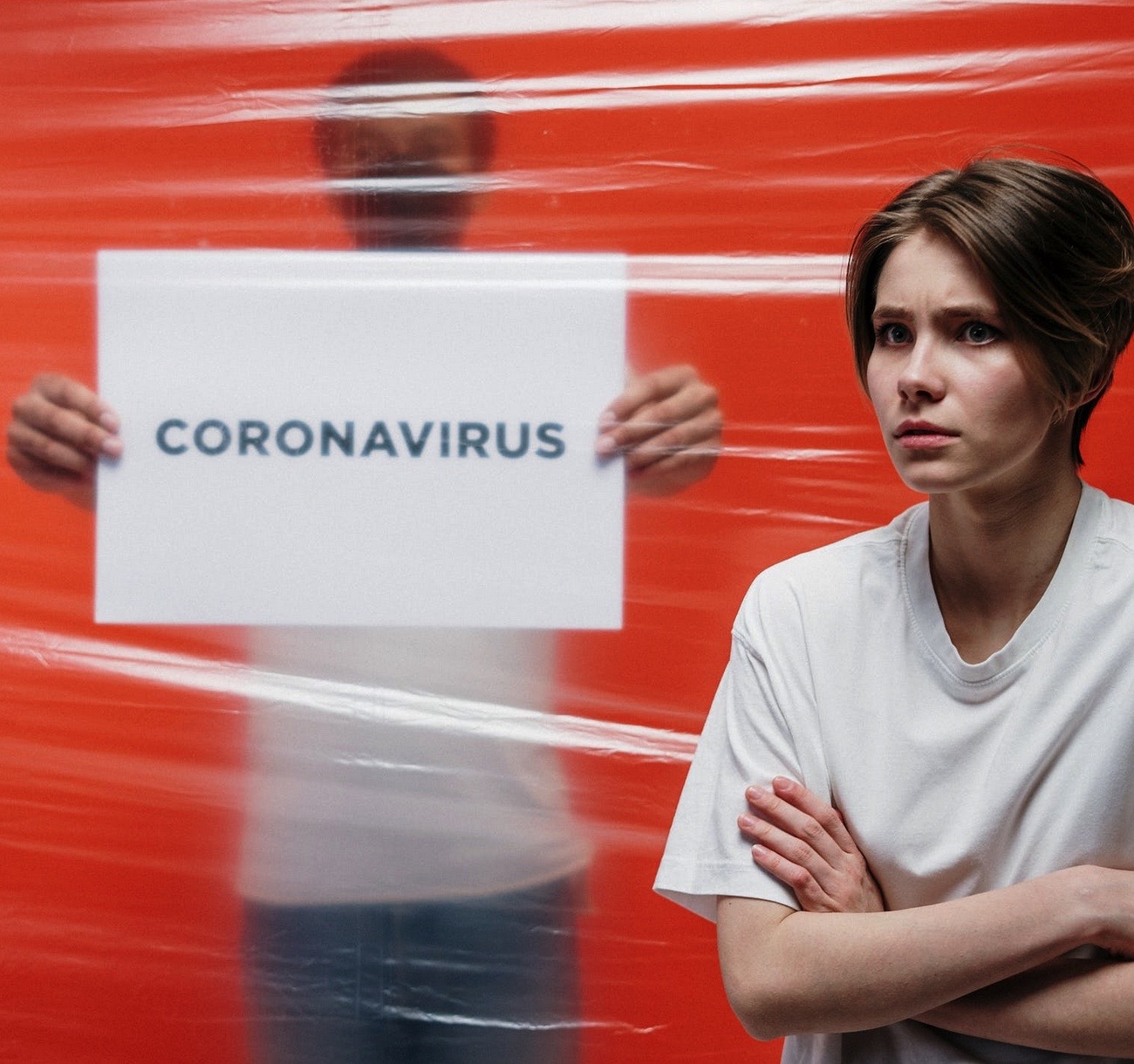The extended unconscious group field and metabolization of pandemic experience: dreaming together to keep cohesion alive

Submitted: June 19, 2022
Accepted: November 28, 2022
Published: December 29, 2022
Accepted: November 28, 2022
Abstract Views: 716
PDF: 365
HTML: 18
HTML: 18
Publisher's note
All claims expressed in this article are solely those of the authors and do not necessarily represent those of their affiliated organizations, or those of the publisher, the editors and the reviewers. Any product that may be evaluated in this article or claim that may be made by its manufacturer is not guaranteed or endorsed by the publisher.
All claims expressed in this article are solely those of the authors and do not necessarily represent those of their affiliated organizations, or those of the publisher, the editors and the reviewers. Any product that may be evaluated in this article or claim that may be made by its manufacturer is not guaranteed or endorsed by the publisher.
Similar Articles
- Johan Berg, Lars-Gunnar Lundh, Fredrik Falkenström, Countertransference in Swedish psychotherapists: testing the factor structure of the Therapist Response Questionnaire , Research in Psychotherapy: Psychopathology, Process and Outcome: Vol. 22 No. 1 (2019)
- Cristina Marogna, Sofia Elena Russo, Floriana Caccamo, Alessandro Pinton, Vito Sava, Roberto Carlon, The perception of the illness and the self-efficacy in the management of emotions in cardiac patients , Research in Psychotherapy: Psychopathology, Process and Outcome: Vol. 21 No. 3 (2018)
- Pedro Rodrigues Ribeiro, David Dias Neto, The real relationship: the Portuguese version of the Real Relationship Inventory-Client form , Research in Psychotherapy: Psychopathology, Process and Outcome: Vol. 26 No. 2 (2023)
- Dante Gabriel Duero, Francisco Javier Osorio Villegas, Phenomenological-narrative contributions to understand the narrative strategies that shape the autobiographical account throughout different moments of the therapeutic process , Research in Psychotherapy: Psychopathology, Process and Outcome: Vol. 21 No. 2 (2018)
- Raffaele Popolo, Angus MacBeth, Stefano Brunello, Flaviano Canfora, Ercan Ozdemir, Daniela Rebecchi, Cecilia Toselli, Gloria Venturelli, Giampaolo Salvatore, Giancarlo Dimaggio, Metacognitive interpersonal therapy in group: a feasibility study , Research in Psychotherapy: Psychopathology, Process and Outcome: Vol. 21 No. 3 (2018)
- Juliana Beatriz Stover, Alejandro Castro Solano, Mercedes Fernández Liporace, Dysfunctional personality traits: relationship with Five Factor Model, adaptation and symptomatology in a community sample from Buenos Aires , Research in Psychotherapy: Psychopathology, Process and Outcome: Vol. 22 No. 2 (2019)
- Agata Andò, Marzia Di Girolamo, Claudia Pignolo, Alessandro Zennaro, Luciano Giromini, Amedeo Minichino, Adriana Salatino, Rosalba Morese, Personality features and vulnerability to stress: a case study on hyperhidrosis , Research in Psychotherapy: Psychopathology, Process and Outcome: Vol. 22 No. 1 (2019)
- Franco Del Corno, Further reflections about the document: Psychotherapy for Anxiety and Depression: benefits and costs , Research in Psychotherapy: Psychopathology, Process and Outcome: Vol. 20 No. 2 (2017)
- Nino Dazzi, Some critical considerations about the document Psychotherapies for Anxiety and Depression: benefits and costs , Research in Psychotherapy: Psychopathology, Process and Outcome: Vol. 20 No. 2 (2017)
- Hemrie Zalman, Katie Aafjes-van Doorn, Catherine F. Eubanks, Alliance challenges in the treatment of a narcissistic patient: the case of Alex , Research in Psychotherapy: Psychopathology, Process and Outcome: Vol. 22 No. 2 (2019)
<< < 15 16 17 18 19 20 21 > >>
You may also start an advanced similarity search for this article.

 https://doi.org/10.4081/ripppo.2022.646
https://doi.org/10.4081/ripppo.2022.646





